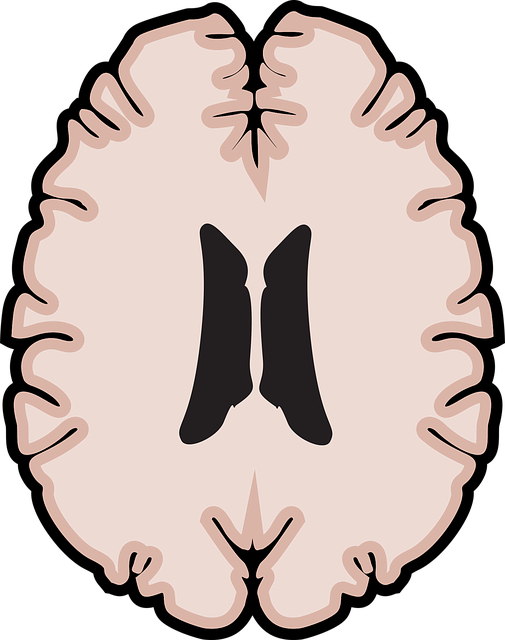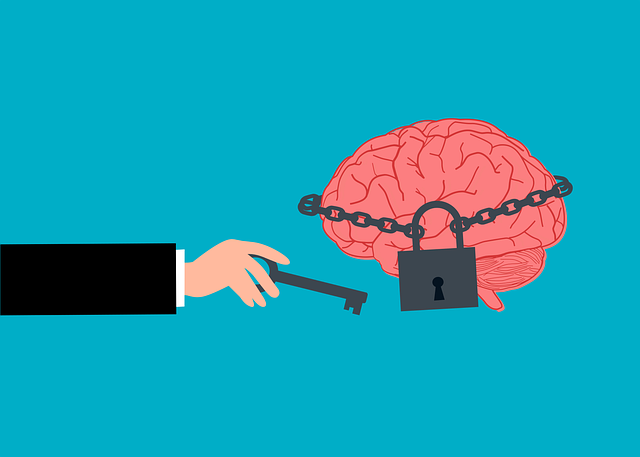Englewood German Speaking Therapy is a leading example of culturally competent healthcare, addressing the diverse needs of its community. By providing mental health services in German and integrating cultural education, they bridge communication gaps and build stronger patient-provider relationships. This approach, essential for communities like Englewood with varied populations, improves patient outcomes and enhances overall healthcare quality, making it a vital asset for diverse societies.
Healthcare provider cultural competency training is essential in today’s diverse society. As Englewood German Speaking Therapy exemplifies, a unique approach to cultural awareness can significantly enhance patient care. This article explores the growing need for sensitivity training, addressing barriers in cross-cultural communication, and offering effective strategies. We delve into successful implementation and evaluation methods, highlighting the impact of cultural competency programs on patient outcomes, with a specific focus on Englewood’s innovative practices.
- Understanding Cultural Competency in Healthcare: The Need for Sensitivity Training
- Englewood German Speaking Therapy: A Unique Approach to Cultural Awareness
- Identifying Barriers: Challenges in Cross-Cultural Communication
- Developing Effective Strategies: Enhancing Patient Care through Training
- Implementation and Evaluation: Measuring the Impact of Cultural Competency Programs
Understanding Cultural Competency in Healthcare: The Need for Sensitivity Training

In today’s diverse society, cultural competency within healthcare is no longer an option but a necessity. It involves understanding and appreciating the unique cultural backgrounds, beliefs, and practices of patients to deliver more personalized and effective care. This sensitivity training is crucial for bridging the gap between healthcare providers and their communities, especially in areas like Englewood where diverse populations, such as German-speaking individuals, require tailored services.
Englewood German Speaking Therapy, for instance, recognizes that mental health issues do not exist in a cultural vacuum. Incorporating Cultural Competency into mental health education programs design can foster an environment where patients feel heard and respected. Compassion cultivation practices and self-care practices that consider cultural nuances can lead to improved patient outcomes and stronger healthcare provider-patient relationships.
Englewood German Speaking Therapy: A Unique Approach to Cultural Awareness

Englewood German Speaking Therapy offers a unique approach to cultural awareness, focusing on both emotional intelligence and resilience building within diverse communities. This specialized therapy program recognizes the profound impact that cultural identity has on mental health. By providing services in languages other than English, they create an inclusive environment where individuals feel understood and empowered to seek support.
The therapy model is meticulously designed to address specific cultural needs, incorporating elements of mental health education programs. Through this approach, Englewood German Speaking Therapy aims to bridge communication gaps and foster strong therapeutic relationships. This, in turn, enhances the overall effectiveness of treatment, ensuring that care aligns with the unique cultural contexts and experiences of each client.
Identifying Barriers: Challenges in Cross-Cultural Communication

In healthcare settings, effective cross-cultural communication is essential to providing quality care, yet several barriers often impede this process. One significant challenge is language differences, particularly in diverse communities like Englewood, where German-speaking individuals may face unique accessibility issues. For instance, at Englewood German Speaking Therapy, ensuring accurate and immediate translation services is crucial for successful patient-provider interactions.
Moreover, cultural nuances and differing communication styles can lead to misunderstandings. Healthcare providers must be trained to recognize these barriers and adapt their Communication Strategies. Burnout Prevention Strategies for Healthcare Providers are also vital as cultural competency demands increased empathy and patience, which can be emotionally taxing. Mental Wellness Coaching Programs Development can play a pivotal role in equipping professionals with the tools to navigate cross-cultural communication effectively while maintaining their mental wellness.
Developing Effective Strategies: Enhancing Patient Care through Training

Effective cultural competency training for healthcare providers is a powerful tool to enhance patient care, especially in diverse communities like Englewood. By equipping professionals with the skills to navigate different cultural backgrounds and communication styles, healthcare can become more inclusive and accessible. This training enables practitioners to build bridges between patients and their unique needs, fostering an environment of trust and understanding.
Englewood German Speaking Therapy, for instance, recognizes the importance of tailored approaches. Through comprehensive training programs, they teach coping skills development and resilience building, empowering individuals to strengthen their inner strength. These strategies not only improve patient outcomes but also create a more harmonious relationship between healthcare providers and those they serve, ultimately reflecting a more compassionate and efficient healthcare system.
Implementation and Evaluation: Measuring the Impact of Cultural Competency Programs

The successful implementation and evaluation of cultural competency programs are essential to ensure their impact on healthcare delivery and patient outcomes. At Englewood German Speaking Therapy, we understand that measuring the effectiveness of such initiatives is crucial for continuous improvement. This involves setting clear goals and objectives aligned with the organization’s vision, such as enhancing cross-cultural communication skills among staff.
Regular assessments, feedback mechanisms, and data collection methods allow us to gauge the success of our programs. For instance, pre and post-training surveys can evaluate knowledge gain and skill application. Additionally, tracking patient satisfaction rates, treatment adherence, and health outcomes related to cultural sensitivity can provide valuable insights. These evaluations enable us to refine our curriculum, incorporating interactive workshops like Stress Management Workshops Organization sessions that foster Inner Strength Development and promote Positive Thinking—all vital aspects of cultural competency training.
Healthcare provider cultural competency training, as demonstrated by innovative programs like Englewood German Speaking Therapy, is no longer a choice but an imperative. By addressing cross-cultural communication barriers and implementing effective strategies, healthcare organizations can significantly enhance patient care. The benefits are clear: improved patient satisfaction, better health outcomes, and a more inclusive healthcare environment. As we’ve seen, training programs like those discussed here play a pivotal role in fostering cultural awareness, ensuring that diverse communities receive quality care tailored to their unique needs.














